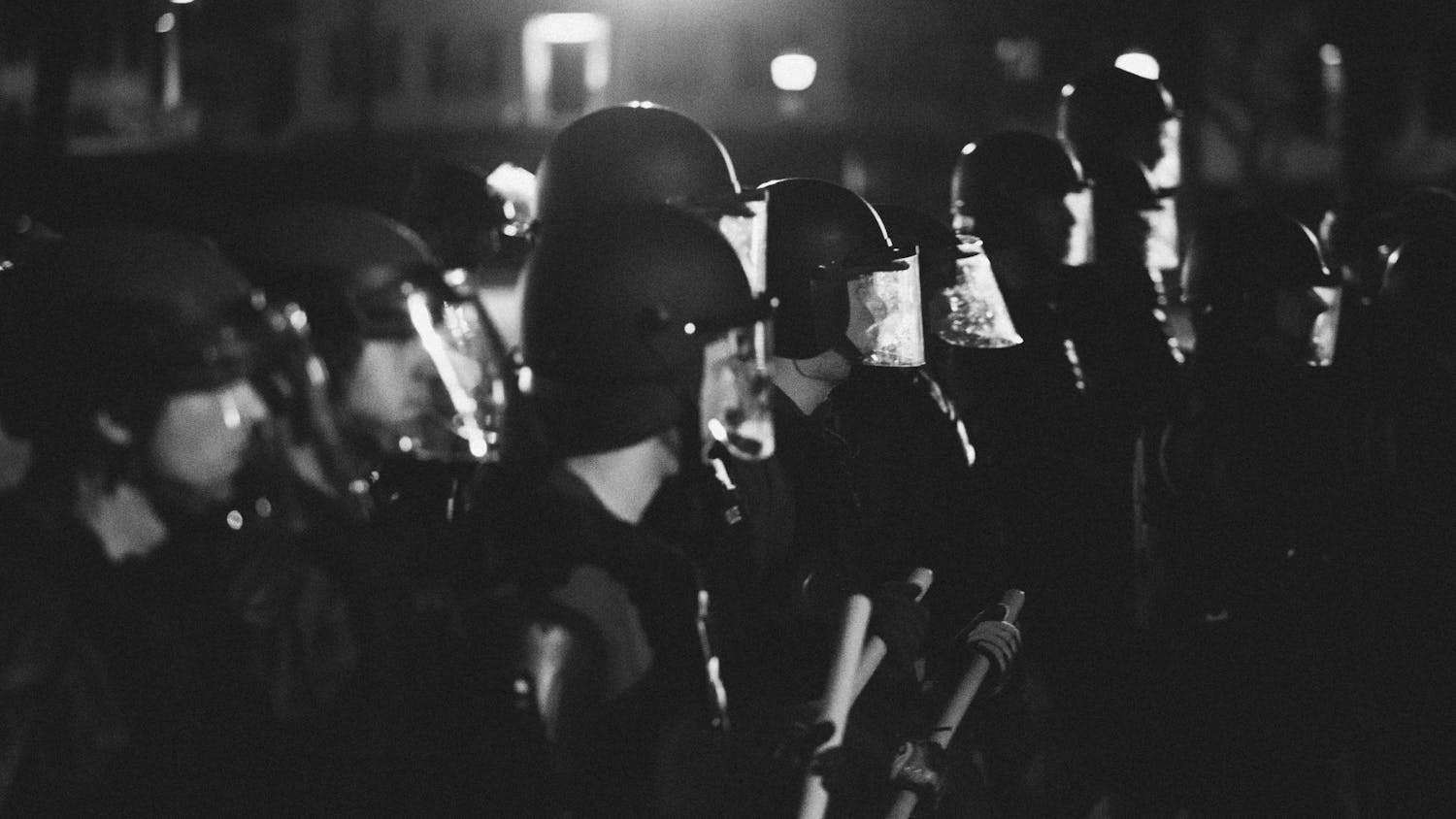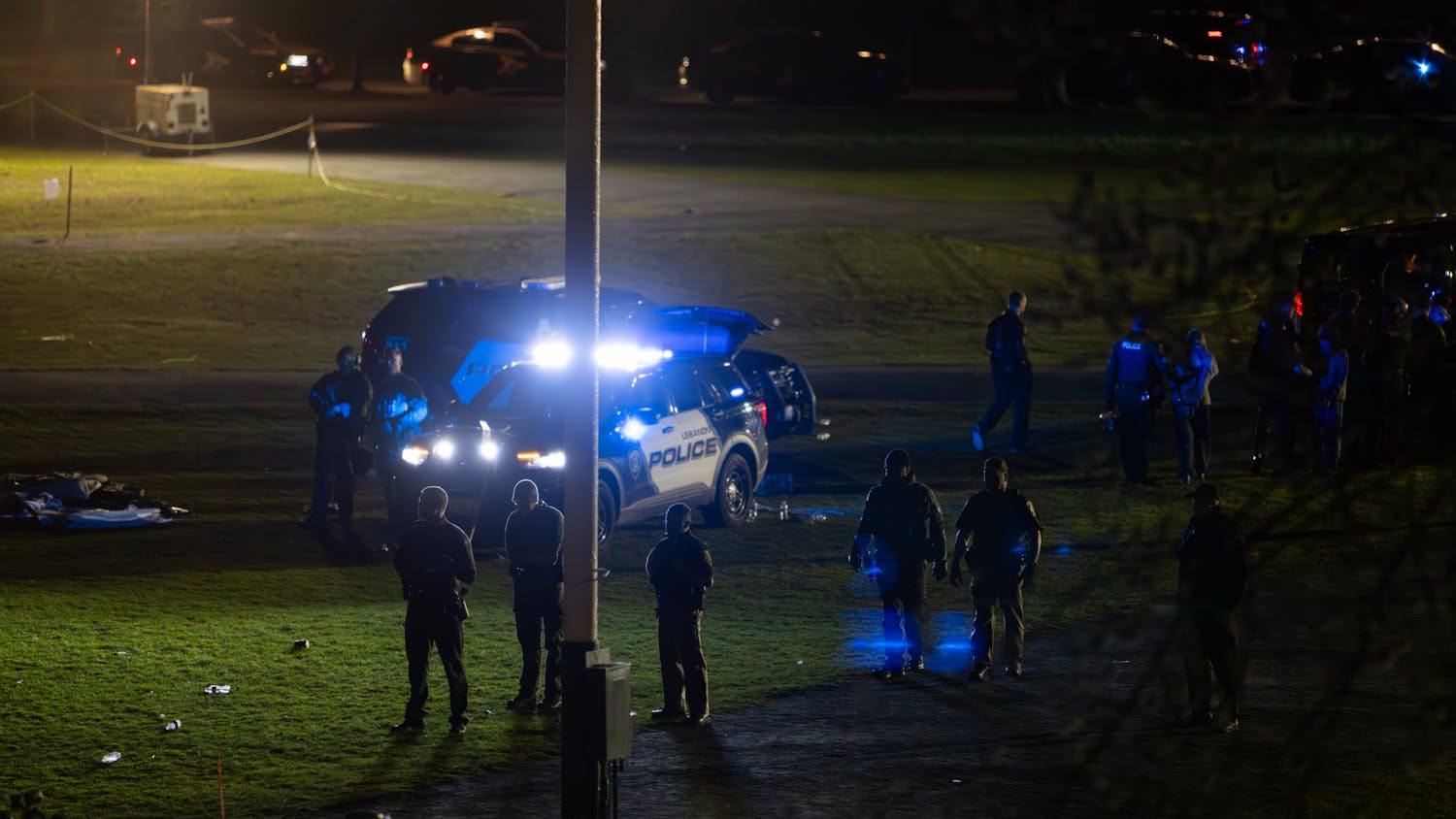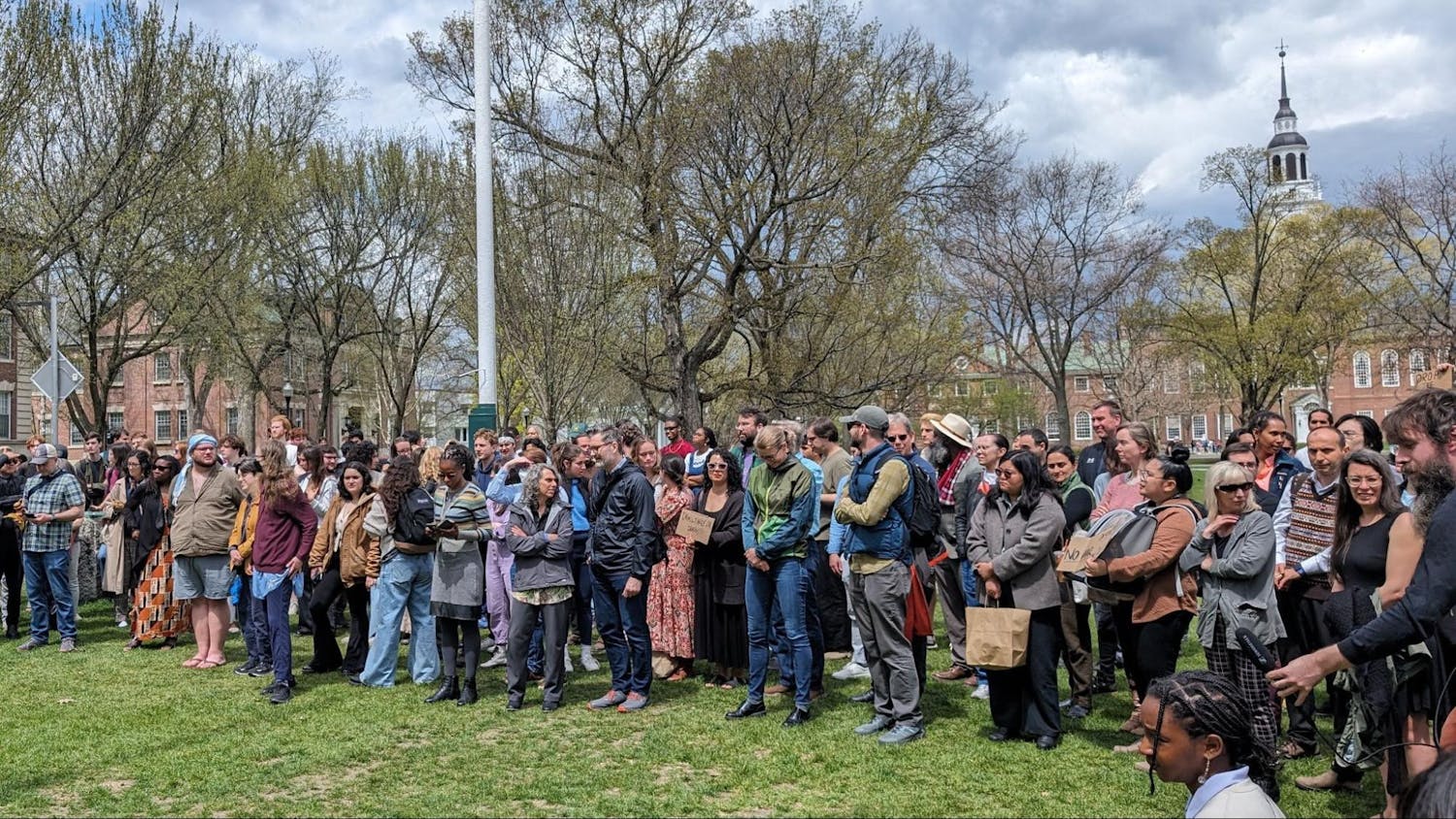Participants twisted, boogied and gyrated in the name of public health during the first annual Dartmouth Medical School Dance for a Dream, held Saturday in Alumni Hall to benefit the Kigutu Community Health Clinic in Burundi. The clinic is a project of Village Health Works, a public charity set up by native Burundian Deo Niyizokiza DMS'08.
The event involved three community dance schools and several performances by local dance and singing groups such as Sheba, the Rockapellas and the Lebanon Ballet School. It was organized by second year Dartmouth Medical School students, Emmy Rubin and Katee Welsh, with help from other medical students and some Dartmouth Undergraduates. Rubin said that the idea for the event came through reading about other schools that hosted dance marathons for health causes.
"We were trying to think of ways to help [Niyizokiza] raise money and we thought that a dance marathon would be a great way to do this," she said. "We thought it would be neat to build an annual event that the medical school spearheaded."
Through their efforts, including the dance marathon and other fundraisers, more than $25,000 has been raised for the clinic, Rubin said. The event was free, but a $20 donation at the door was suggested.
The event featured speeches by Niyizokiza and Pulitzer Prize-winning author of Mountains Beyond Mountains, Tracy Kidder. Kidder talked about the history of Burundi and why medical help was needed there.
"People are taken to hospitals and have to pay for substandard care," he said. "When they run out of money, they are incarcerated, they aren't fed or taken care of."
Kidder said the cause of Burundi's problems stem from the divisions between the two major tribes, the Tutsis and the Hutus.
"The divide was once relatively inconsequential. However, the divisiveness was elevated by the colonial powers, and led to sporadic genocide and civil war," Kidder said.
Niyizokiza also spoke accompanied by a slide show featuring the area and the health clinic being constructed. Niyizokiza was very pleased with the event's turnout.
"I am very happy to see that even in these busy times, people will find time to support a cause far away from where they are," he said.
The aid is extremely important to the community and helps those often overlooked in the community, Niyizokiza said.
"Many patients are women and children, already in a state of chronic poverty," he said. "So many people have suffered so much, you look into their faces, and you wonder, what kind of a life is this?"
Niyizokiza emphasized the importance of making headway in Burundi.
"Any progress is a success," he said. "This is such a great step forward."
Niyizokiza received a standing ovation from the audience at the conclusion of his speech.
"We kept the event costs low by getting services donated and making the food ourselves," she said in refernce to allowing 100 percent of donations to support the clinic. "All the performers volunteered their time for the cause."



